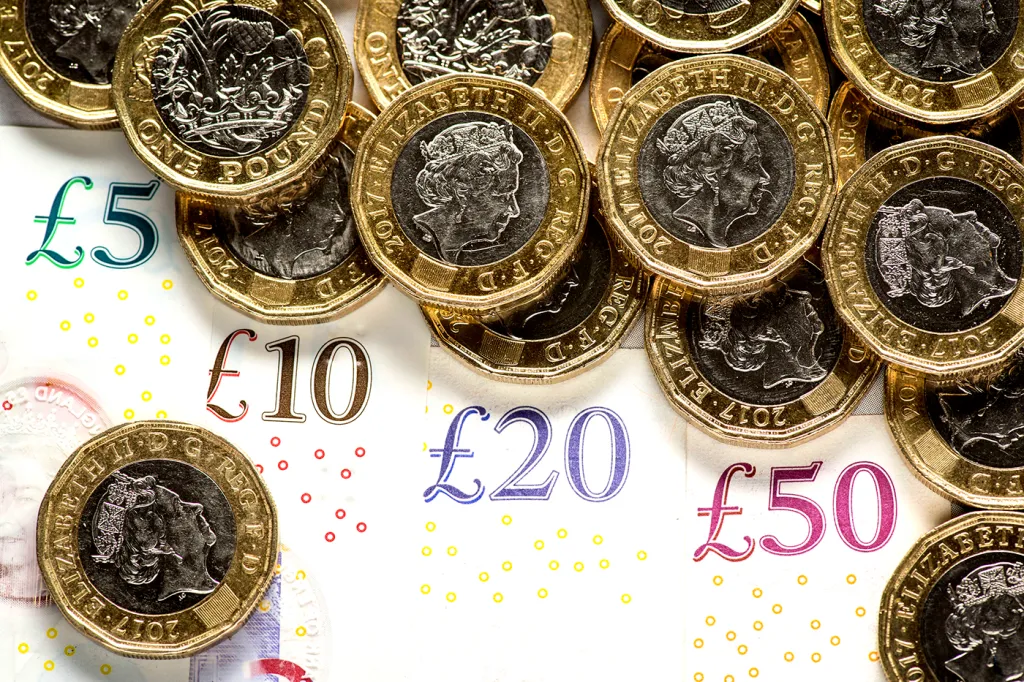- Web
- Feb 05, 2026
Pound plummets to nine-month low amid rising UK borrowing costs
-

- Web Desk Karachi
- Jan 09, 2025

LONDON: The British pound has reached its lowest point in nine months as government borrowing costs in the UK continue to escalate. This decline coincides with UK 10-year borrowing costs hitting their highest level since the 2008 financial crisis, which nearly caused a halt in bank lending, reported the BBC.
Economists warn that these rising costs may necessitate either increases in taxes or cuts in government spending as officials strive to adhere to their self-imposed borrowing targets.
According to a Treasury spokesperson, “There should be no doubt that meeting our fiscal rules is non-negotiable, and the government will maintain strict control over public finances,” adding that the Chancellor is determined to promote economic growth and advocate for working people.
The government has refrained from making comments prior to the official borrowing forecast from the independent forecaster, scheduled for release in March.
Shadow Chancellor Mel Stride criticised the Chancellor’s significant borrowing and spending plans from the Budget, arguing that they have increased the government’s borrowing costs. He expressed that the focus should be on building a resilient economy rather than increasing taxes to address “fiscal incompetence.”
The warning follows a surge in 30-year borrowing costs, reaching their highest level in 27 years. Concurrently, the pound dipped by up to 1.1 percent, trading at $1.233 against the dollar, marking its lowest since April of the previous year.
The UK government typically borrows to cover the gap between tax revenue and spending. This borrowing involves selling bonds, which must be repaid with interest. Gabriel McKeown, head of macroeconomics at Sad Rabbit Investments, remarked that rising borrowing costs have severely limited Labour’s fiscal flexibility, potentially derailing their investment promises and forcing painful adjustments to spending plans.
Globally, borrowing costs have increased, driven by investor anxiety regarding US President-elect Donald Trump’s proposed tariffs on imports from Canada, Mexico, and China, which could exacerbate inflation. Concerns about growing US debt and ongoing inflation are also contributing to elevated borrowing costs. Recently, US interest rates on 10-year government bonds surged, reaching above 4.7%, their highest since April, before stabilizing mid-day.
As investors react to fluctuations in the US bond market, the impact is being felt in the UK. Danni Hewson, head of financial analysis at AJ Bell, mentioned that the recent increases in the UK mirror those observed in the US. She noted, “While this may be a global sell-off, it poses a unique challenge for the UK Chancellor, who aims to enhance public services without further tax increases or breaking her fiscal regulations.”
With less than two weeks until Donald Trump returns to the presidency, Hewson highlighted how uncertainties regarding his tariff proposals are already unsettling investors. The Office for Budget Responsibility (OBR) is set to begin updating its government borrowing forecasts next month, with the results expected to be presented to Parliament in late March.




